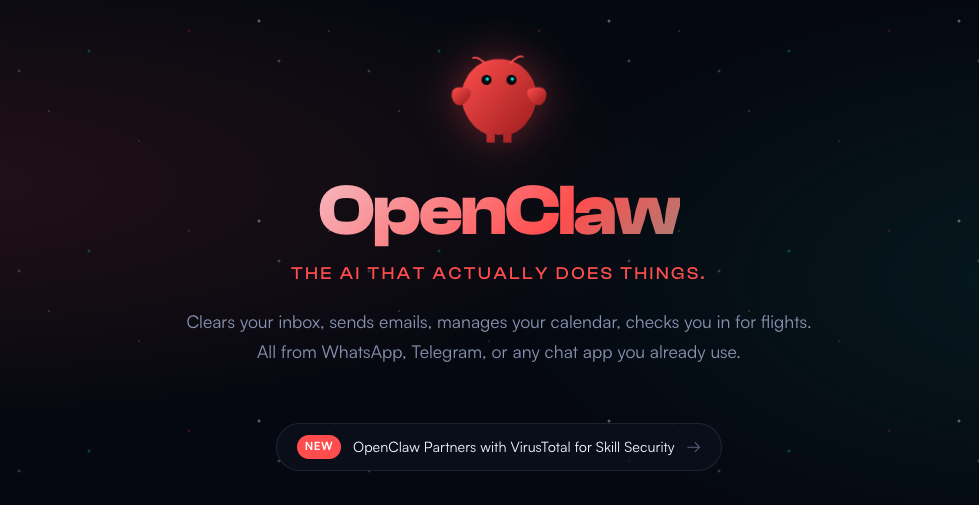Starting Small with Simple English Wikipedia by Bob Sprankle
Tools and ideas to transform education. Sign up below.
You are now subscribed
Your newsletter sign-up was successful
It's one thing to use Wikipedia in the classroom with students. It's an entirely other thing ---and much more transformational--- to actually have students contribute to Wikipedia. For instance, using the ISTE NETS for students to identify skills, when students use Wikipedia for research, they are definitely working on:
- applying digital tools to gather, evaluate, and use information ("Research and Information Fluency")
- using critical thinking skills to make informed decisions using appropriate digital tools and resources ("Critical Thinking, Problem Solving, and Decision Making")
But add writing information into Wikipedia, and students are also working on:
- constructing knowledge ("Creativity and Innovation")
as well as:
- practicing ethicalbehavior ("Digital Citizenship")
(Note: the standard "Technology Operations and Concepts" is there all along... I don't want to leave it unmentioned).
I know there are still folks who question the value of using Wikipedia for research at all, but certainly the"Wikipedia Argument" has simmered down over the years. I still maintain that it's an excellent tool because it requires validation, as all sources should. Using Wikipedia for research to engage students as a "jumping-off" point is extremely beneficial in learning research skills when the student then must prove or disprove what they read in the Wikipedia article. (I admit, that this is practicing "constructing knowledge" at the "reading level," but I believe the skill is achieved on a deeper level when the student is contributing to the article).
Many students ---and teachers--- might find it a daunting task to take on Wikipedia and add changes. Not only is there the slight learning curve of how to format text properly, but many pages are already "chock-full" of information. At the elementary level (where I teach), for instance, if I asked my students to add to the Wikipedia page "Ocelot," they may feel overwhelmed because there is already a wealth of information there. Add to that, the fact that students will need an account in order to edit the page, and it starts to get a bit more complicated for my elementary students who may need help remembering their log in information.
Enter: Simple English Wikipedia. This "scaled" down version of Wikipedia may be a much better fit for younger students as no account is needed to make changes. More importantly, Simple English Wikipedia uses:
Tools and ideas to transform education. Sign up below.
Simple English words and grammar here. The Simple English Wikipedia is for everyone! That includes children and adults who are learning English.
This is, of course, perfect for my younger students' reading/writing levels. Another great benefit, is that the pages are "wide-open" for contribution. Compare the "Ocelot" page from Wikipedia to the nearly empty "Ocelot" page from Simple English Wikipedia. My students are able to successfully add to that page with new information, whereas the main Wikipedia page may require more "expertise" since much research has already been added.
Simple English Wikipedia has a great "Schools Gateway" page, complete with a Student Tutorial, a Help Center, a Place to Ask Questions, and more importantly, a "Sandbox" page where students can practice formatting and writing without worrying about mistakes (not that they need to worry on actual pages either... errors or inaccurate facts can always be fixed).
Think of Simple English Wikipedia as playing in the "Minor Leagues," helping student get ready for taking on the "Majors."
I'd love to hear from folks who have had students editing in Wikipedia and Simple English Wikipedia. What are the successes? What are the hurdles?
